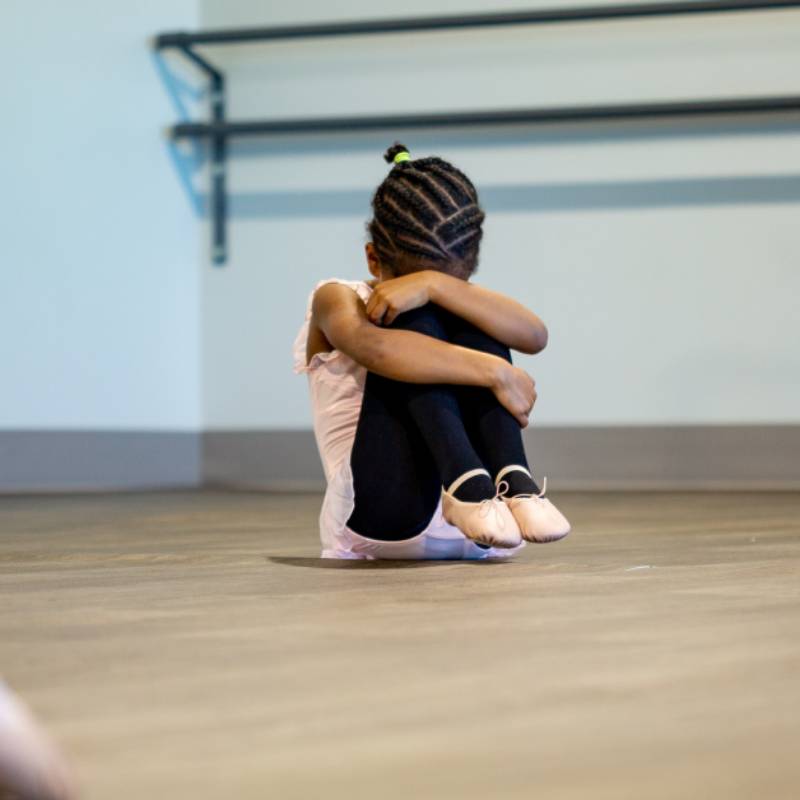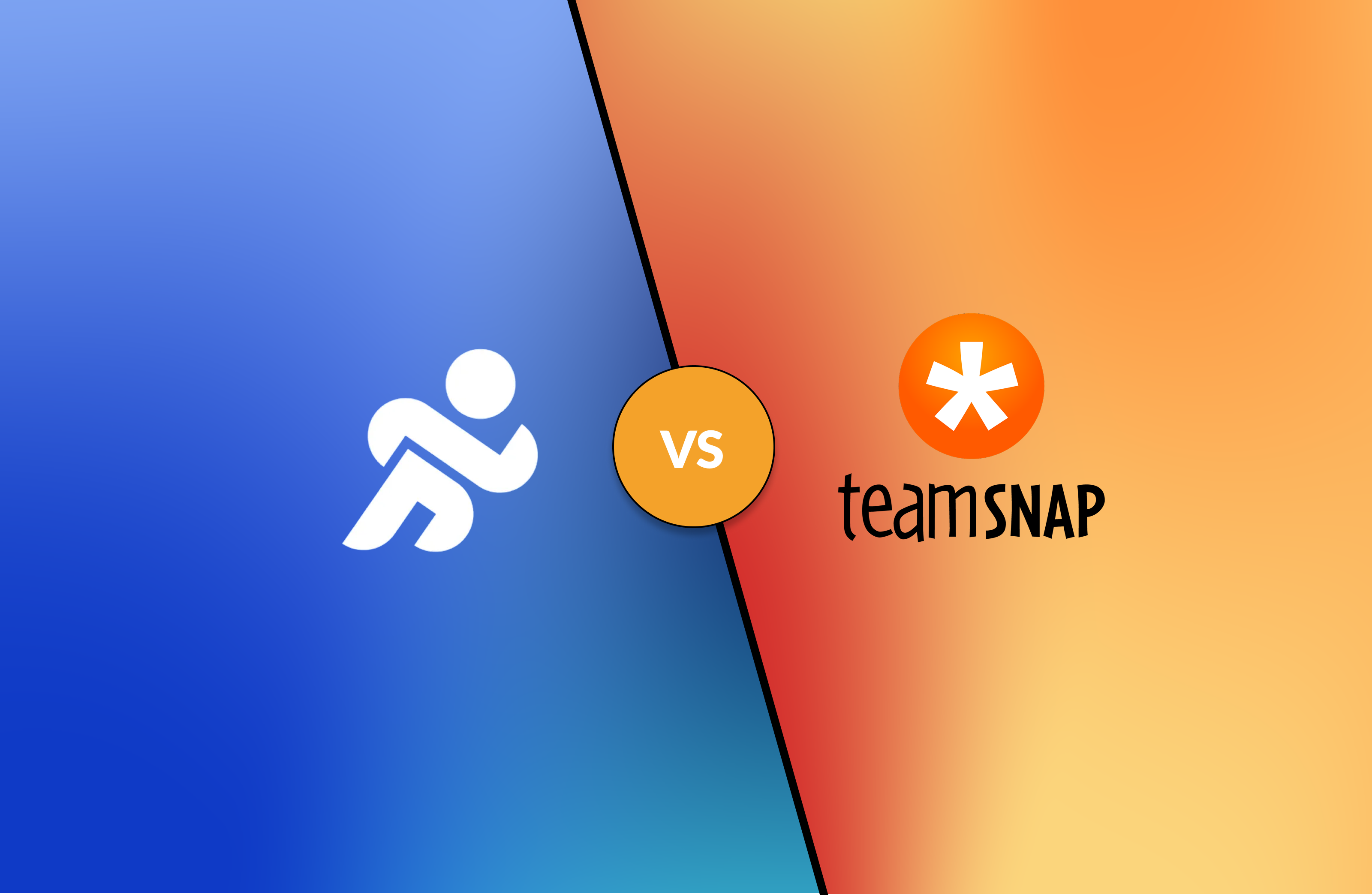4 tips to help your child-athlete manage performance anxiety

As a parent, you know how important it is to encourage your child to try new things and be brave. But sometimes, when your child feels nervous about doing something important to them like playing a game or giving an oral presentation in class, it can feel like their anxiety is really holding them back. Performance anxiety is a common concern among young athletes, and it can be difficult for parents to know how best to support their child.
If your child is anxious, it’s important to make sure that this doesn’t prevent him or her from playing. Anxiety can often be managed by changing the way you and your child view situations. If your child doesn’t play, his anxiety will get worse and may affect other areas of his life. On the other hand, if he does play, it can help relieve some of his anxiety and make it easier for him to get back to the activities he loves. If this happens to your child, here are a few tips to help manage performance anxiety.
Tips to help your child
Identify the source of your anxiety
It may first be helpful to help your child identify the source of his anxiety. What is the source of his anxiety? Is it fear of failure or success? Is he afraid of being judged by others? Is it fear of not performing at his or her best, or of not being able to meet expectations based on past experiences or apprehensions? In short, what are the causes of your child’s performance anxiety?
By sitting down with your child and asking these questions, you’ll gain a better understanding of what needs to be done, and how to do it, so that your child can live without constantly experiencing performance anxiety. By putting words to what he’s feeling, you’ll be able to help your child better understand what he’s going through.
Adopt the right internal discourse
You can discuss positive and negative self-talk with your child. This is an important topic for young athletes, who may not be aware of the difference between positive and negative thoughts. You can use examples from his own life, for example, when he was nervous before his last math exam and hoped it would be easy, because he was afraid of failing. He was afraid of what would happen, but in the end everything went well.
You can also tell a story from your own experience to illustrate your point. In short, the important thing is to get him to understand the internal discourse he tends to have when faced with situations that create performance anxiety. In addition, teach him to focus on the process rather than the results. A great way to get rid of anxiety is to focus on what you’re doing in the present moment, rather than worrying about future results, like “I’m going to go out there and play my best”.
Strategies for managing performance anxiety
The best way to deal with performance anxiety is to try new strategies to manage the feeling. Encourage your child to try different approaches and see what works best for him or her. Help your child develop relaxation techniques, such as deep breathing or visualization, to use before and during competition. Indeed, the body tends to tense up when we’re nervous or anxious, which can make the situation worse. So encourage your child to breathe deeply and slow down his or her movements during training sessions, so that he or she can remain relaxed throughout.
Tell him to focus on the task at hand and ignore thoughts of failure. It’s easy for young athletes with performance anxiety to think about all the things that could go wrong during a sporting event, but these worries will only increase their feelings of stress, and stress is the root cause of performance anxiety. Instead, encourage your child to focus solely on each shot, without thinking too much about future results (or past mistakes). Although this is easier said than done, the important thing is to focus on the present moment and limit apprehensions about what might happen.
Offering the necessary support
As a parent, it’s important to recognize the difference between anxiety and fear. Anxiety is the result of negative self-talk, while fear stems from something real, such as an opponent or a situation that happened in the past. If both can cause your child to perform poorly during a game, knowing what it is will help you choose how to help him overcome performance anxiety.
For example, if he’s nervous because he’s afraid of failing or making mistakes, but has no reason to believe he will (as in a first competition), encourage him by saying things like “I’m proud of you for getting this far!”. If he has a real fear based on past experiences, such as being injured by another player in practice, reassure him with “It’s going to be okay” or “You’re going to be fine”. Parental support should never be underestimated. It’s something your child values highly. It’s important to avoid placing too much importance on your child’s performance and to focus more on his efforts and progress.
Remember that this is a normal reaction
In short, performance anxiety is a normal reaction to the pressure of performing in front of others, whether in a sporting competition, musical performance or public speaking engagement. It can be caused by a variety of factors, including fear of failure, the desire to succeed and the anticipation of being judged by others.
Whatever type of performance anxiety your child has, remember that it doesn’t last forever. Remind him that everyone has moments when they feel nervous, even the best athletes. It’s normal and happens to almost everyone at some point in their lives. It’s not a sign of weakness or failure, because nervousness is part of the game. So encourage your child to focus on the process, rather than the outcome. Remind him that it’s his best effort that counts, not the end result.
Karl Demers



